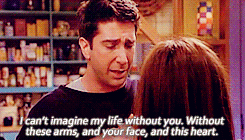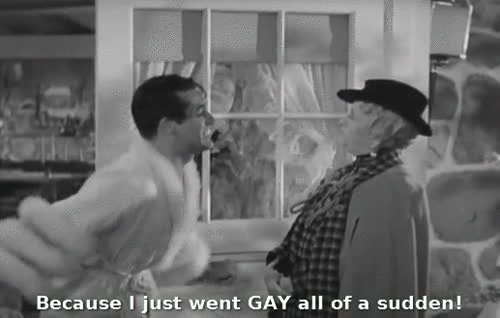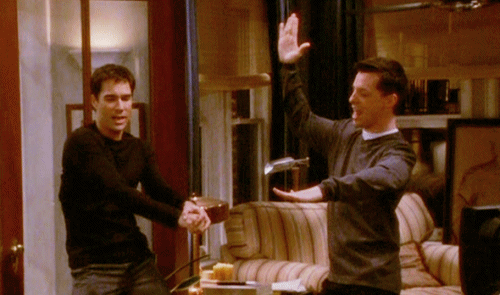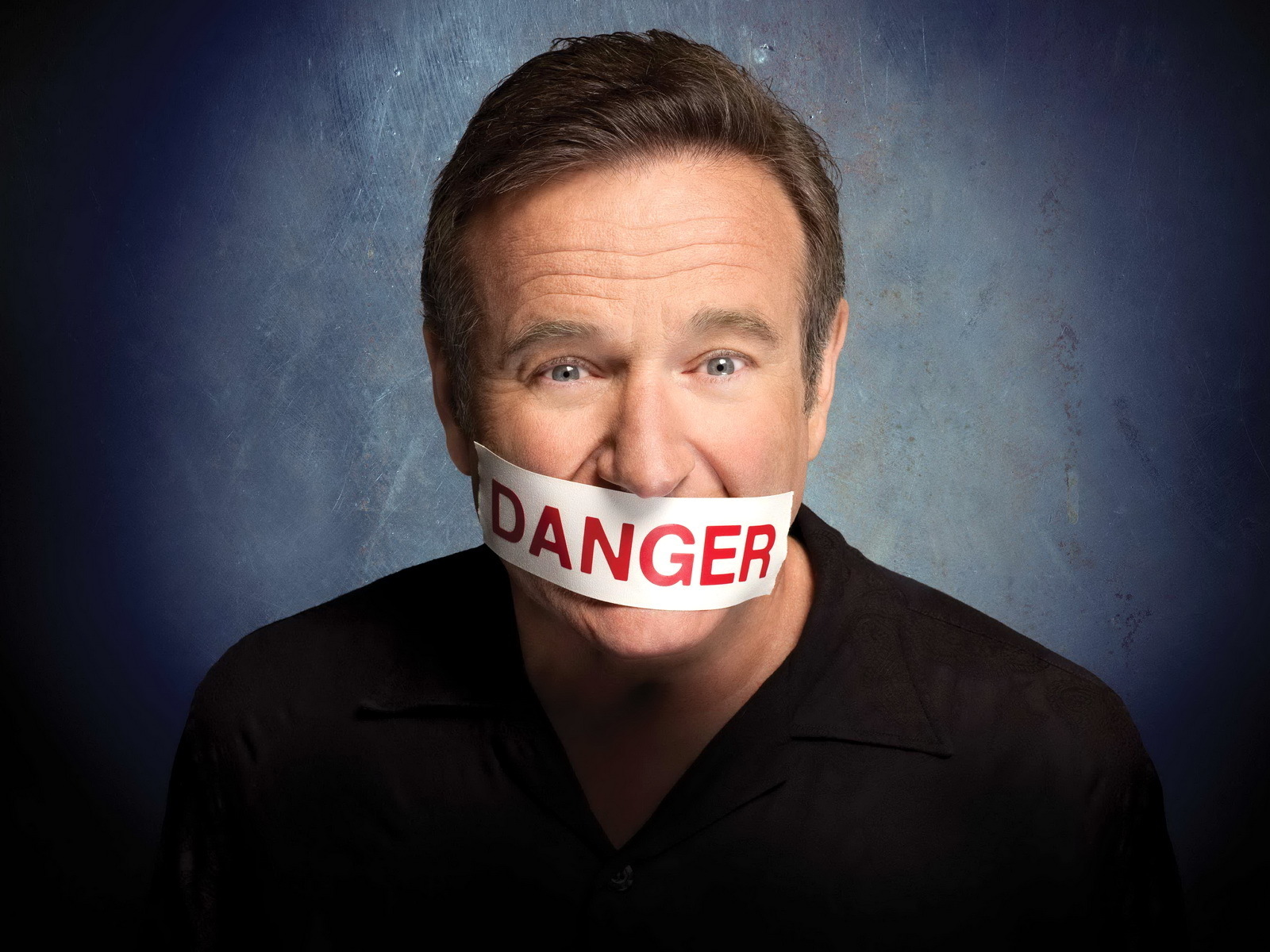Autumn has always been my favourite season. For those of you
who have never been to Saskatchewan, you might be unable to appreciate the
welcome relief that fall brings from the scorching days of summer, when the sun’s
power can turn your skin a blistering red in just a few hours and there are hordes
of insects plaguing you with itchy bites.
In fall the air is crisp, clean, and fresh, and the sun
warms rather than burning. The mosquitoes finally go back into hibernation or
die – hooray! (Yes, I’m an insect murderer. Contact the humane society about me
– I dare you!), and a landscape that often fades quickly from spring’s lush jewel
tones to more muted colours from the overheated, dry, and dusty air once more
bursts into colourful life as the leaves take over from the sun to provide splashes
of orange, gold, and amber to every street.
Not only is autumn the season in possession of possibly the
most beautiful landscapes, it also marks the start of a new school year, the beginning
of theatre season, and has the most interesting clothing as plush knits,
luxurious leather, and cozy cashmere take over our wardrobes. The balmy days
and cool nights with their first hints of frost make us mindful of enjoying the
remaining good weather before winter locks us inside, preventing us from
picnicking and wandering along the riverbank.
In terms of both aesthetics and weather, Autumn is as close
to perfect as one can get in the Northern Hemisphere, and with the exceptions
of people from the prairies and Scandinavians – and citizens of Winterfell, of course
– it is not fully appreciated for its significance in the cycle of our lives.
Autumn is the calm before the storm. It marks the end of the summer: a season
when life blossoms, love and happiness abound, dogs frolic, and pasty people
flash their legs. It reminds us that winter is coming, and it will likely be
harsh and long.
And here, lucky readers, is where my heavy-handed seasonal
metaphor reaches its pinnacle! As I previously mentioned, one of many reasons fall
excites me is due to marking the commencement of theatre season, and this past weekend
I saw two excellent productions: Hedda
Gabler at Persephone Theatre and Reasons
to be Pretty at The Refinery.
Each of these plays examines the shattered illusions that
come alongside the realisation that intimate relationships are rarely as rose-tinted
as we could hope. While the characters in Hedda
Gabler tend to be evasive and passive-aggressive in their interactions, the
key players in Reasons engage in
out-and-out screaming matches as they face betrayal, heartbreak, and the
shattering of trust which leads to disastrous breakups and crushed friendships.
This second play hit home especially hard due to an
extremely talented cast delivering unflinchingly honest portrayals of people
who are their own worst enemies as they engage in problematic friendships and
relationships they ultimately aren’t all that fussed about. They waste each
other’s time, are bored and restless, and hurt one another for sport, or maybe
just because they are selfishly wrapped up in their own confusion over their seemingly
incomprehensible differences.
For anyone who has been in a serious relationship, many
scenes in this play are particularly discomforting, including a) an equally hilarious
and horrifying moment when Steph, the justifiably irate ex-girlfriend of pathetically
complacent protagonist Craig, attempts to prove a point by presenting a grocery list of her ex’s flaws to a food court full of strangers and b) a
heart-breaking scene in which the pregnant wife of Craig’s super-douche best
friend approaches him for confirmation that her scummy husband is cheating.
However, for someone who has been through a break up or two – and who just
happened to be attending the play with a friend who recently experienced the ending of a relationship with a guy a lot like Craig – the final scene was the hardest to watch.
In this scene Steph offers Craig one final chance to win her
back and he instead confesses that ‘whether it had gone on for another four
years or just a week’ (paraphrased) it would have made absolutely no
difference. He would have continued to take her for granted. He never would
have fought for her.
Needless to say, I awoke with a bit of an emotional hangover
this morning. Though the past nine months or so have been some of the most
relaxed and enjoyable for me from a romantic standpoint, you can only observe a
certain amount of displaced rage and suicide (thanks a bunch, Hedda!) and
indifference and emotional manipulation (damn you, Craig!) before all sorts of
painful emotions and memories come flooding back.
Though I like to think I’ve managed to put my life back
together rather successfully – as a matter of fact, an exciting new career announcement
will be coming soon! – knowing that opening up to joy can also mean inviting in
pain can be challenging. Much like knowing that winter unavoidably follows at
autumn’s glorious heels, there is a sorrowful knowledge that comes with knowing
that when you meet someone who makes you feel fantastically, someone who
cuts down your defenses just by being kind, affectionate, and open and helps you
feel that it’s ok to be vulnerable again, you have to say goodbye – often a lot
sooner than you'd like.
So why do we as rational beings continue to put ourselves in
these situations, allowing ourselves to be vulnerable when we know there is a
strong possibility of being hurt? We do it because the seasons continue to
change. We do it because the earth’s cycle of loss and rejuvenation reminds us
that while death and pain are inevitable, so is the beauty of autumn.
Life goes on, and we can always begin again. Sometimes this
requires the destruction of everything comfortable in order to start anew, but sometimes
all you need is to do is stop being fearful of the cold and bundle up in a
thick sweater.
CURRENTLY READING: American
Gods by Neil Gaiman.
















